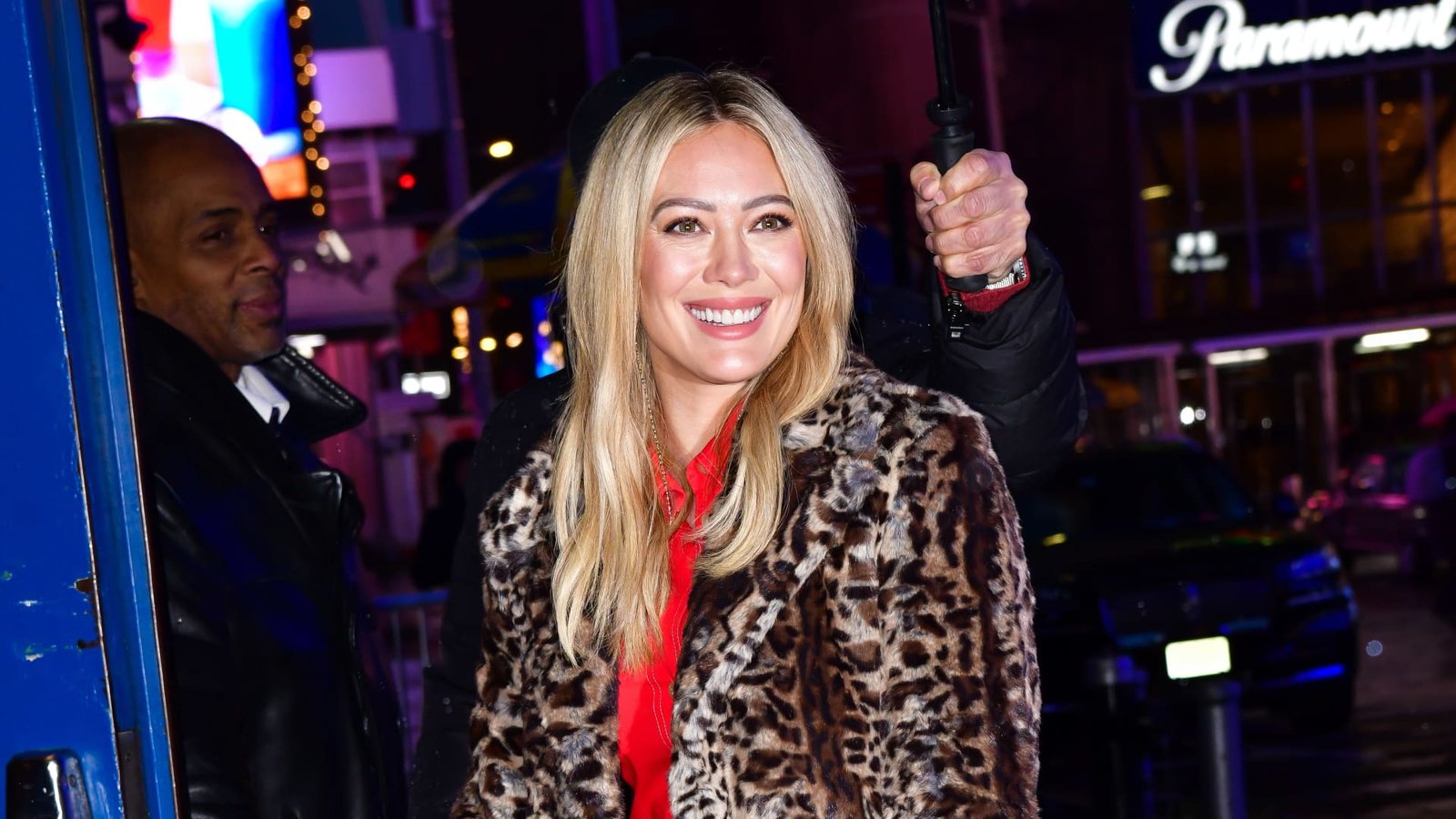Hilary Duff in a Think B4 You Speak ad.
Courtesy: iSpot
As Pride Month kicked off this year, Kai Cameron put on various wigs and outfits to recreate a commercial that he remembers vividly from the late 2000s.
The social media director posted a video on TikTok mimicking an advertisement in which actress Hilary Duff told shoppers not to use the word gay as an insult. Looking at another actress in the commercial, Duff equated using the term in the pejorative to saying “That’s so girl wearing a skirt as a top.” She ends the ad by asking if people mean to be hurtful and to “knock it off.”
“It lives rent free in my head,” Cameron told CNBC in an interview.
Cameron has received nearly half a million likes and hundreds of comments on the video as of press time. Viewers of Cameron’s reboot said in comments that Duff “ended homophobia” and “deserved a Nobel Peace Prize.” The original commercial, they said, “changed lives” and was “a moment in history.”
If these comments are any indication, Duff’s video has become a cult classic for a generation that saw the advertisement on its favorite TV channels. It’s etched so clearly into their minds, and with an ever-growing slate of references across media, it’s earned a long-term spot in the cultural zeitgeist. Because of that, the ad can act as a success story for advancing social issues through media messaging. At a fraught moment, nearly two decades later, supporters of the youth LGBTQ+ community wonder what can be done to reaffirm the campaign’s original message.
For LGBTQ+ viewers in particular, the 17-year-old segment holds a special meaning for its success in combating hate and its unique representation on screen. It is considered both humorous and over-the-top, while also spotlighting a pervasive issue in a memorable fashion.
“We caught lightning in a bottle,” said Kevin Jennings, the founder of youth LGBTQ+ advocacy group Gay, Lesbian & Straight Education Network (GLSEN), which spearheaded the campaign. “There’s no other way of putting it.”
push the message.
The goal: to push back on “ambient” anti-LGBTQ language, according to Jennings. While many people at the time knew that some slurs were hurtful, using words like “gay” as an insult hadn’t yet gotten the same treatment, he said.
Hilary Duff arrives to ABC’s “Good Morning America” in Times Square on January 23, 2023 in New York City.
James Devaney | Gc Images | Getty Images
Jennings remembers thinking GLSEN had an equation for success. Duff was high up on the organization’s list of dream faces for the message given her roles in well-known youth media like the TV show “Lizzie McGuire” and movie “A Cinderella Story.”
GLSEN also had the support of the Advertising Council, the group behind iconic social awareness campaigns such as Smokey Bear and Friends Don’t Let Friends Drive Drunk. The campaign marked the council’s first-ever ads focused on social issues related to the LGBTQ+ community.
“If we pull this off, we can make history,” Jennings recalled thinking. “And we did.”
Facebook and YouTube, which at the time had only been around for a few years. Now, he views it as one of the first pieces of media to “go viral” via social platforms.
“If you’d asked me that day: ‘Kevin, do you think we would still be talking about these ads 20 years later?,’ I would have said, ‘Well, in my wildest dreams,'” Jennings said. “It turns out my wildest dream came true.”



